Many times, people think that swallowing difficulties are something experienced only by older people. However, as pediatric gastroenterologists, dysphagia is a common complaint we see in our clinic.
Dysphagia symptoms
Because dysphagia can be a difficult symptom for children to verbally describe, there are different ways that children exhibit dysphagia. It may be taking a very long time to eat. It may be needing to drink frequently in order to swallow – “bite, drink, bite, drink” or using a lot of liquid condiments to eat solid foods – for example – lots of ketchup or syrup! We often ask if “food feels sticky going down” or if “food ever feels stuck.” Some children and adolescents will even hold their throat and exaggerate a swallow in order to get food down.
What causes dysphagia?
There is a wide variety of disorders than can causes dysphagia. The broad categories are mucosal diseases (GERD, Eosinophilic Esophagitis, pill esophagitis, even Celiac Disease among others), anatomic (narrowing in part of the esophagus), motility disorders or underlying neurologic disorders.
If a child has symptoms of esophageal dysphagia (meaning that the swallowing difficulty is after the actual swallow at the back of their mouth), they may need different types of tests to identify the actual diagnosis. This may involve an Upper GI x-ray series to ensure that anatomy-wise, everything is open and patent. They may also need an upper endoscopy to directly visualize the mucosa of the esophagus to evaluate for things like eosinophilic esophagitis (allergic inflammation in the esophagus). Sometimes more advanced motility testing is needed like a ph/impedence probe and even esophageal manometry.
If your child has dysphagia but it’s more of an oropharyngeal dysphagia – the initial swallow/coordination of swallow before it goes down into the esophagus – they may need a swallow study with a Speech Language Pathologist.
Our goal is always to ensure that children can safely swallow and that eating is enjoyable and comfortable. We want to avoid worsening dysphagia, fear of eating and ultimately weight loss.
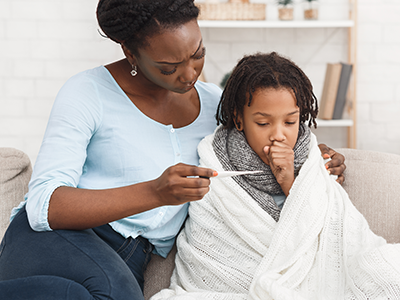 https://riseandshine.childrensnational.org/wp-content/uploads/2022/07/mother-taking-childs-temperature-feature.png
300
400
Rise and Shine
https://riseandshine.childrensnational.org/wp-content/uploads/2017/11/childrens_riseandshine_logo.jpg
Rise and Shine2022-07-06 10:16:492025-05-07 09:56:52Hepatitis in children
https://riseandshine.childrensnational.org/wp-content/uploads/2022/07/mother-taking-childs-temperature-feature.png
300
400
Rise and Shine
https://riseandshine.childrensnational.org/wp-content/uploads/2017/11/childrens_riseandshine_logo.jpg
Rise and Shine2022-07-06 10:16:492025-05-07 09:56:52Hepatitis in children


 Grace Felix, MD is a pediatric gastroenterologist at Pediatric Specialists of Virginia who specializes in nutritional medicine, general gastroenterology and Prader-Willi Syndrome.
Grace Felix, MD is a pediatric gastroenterologist at Pediatric Specialists of Virginia who specializes in nutritional medicine, general gastroenterology and Prader-Willi Syndrome.

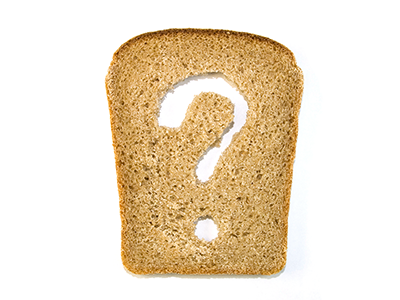
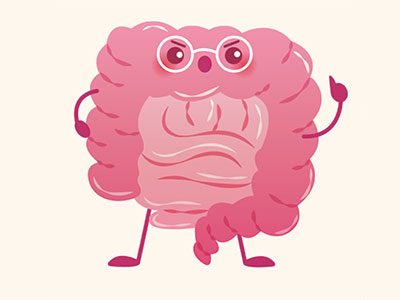

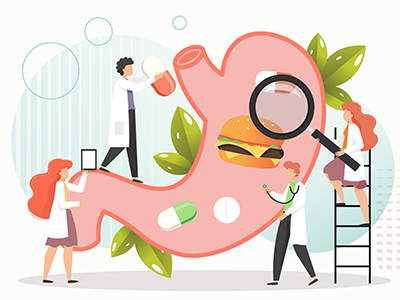

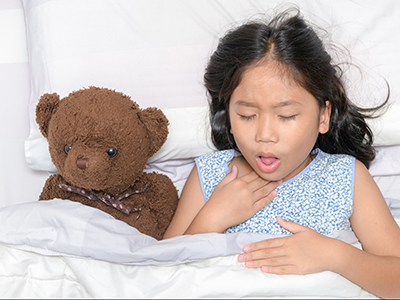
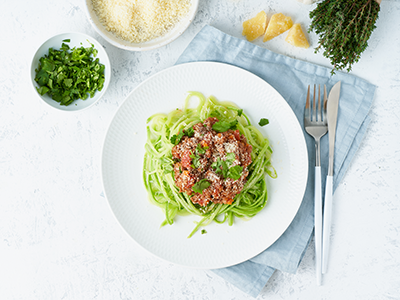
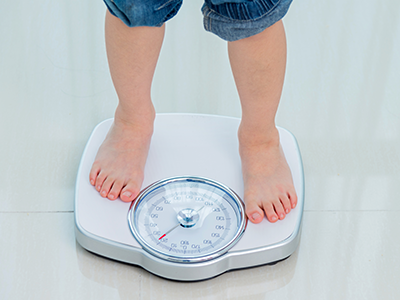
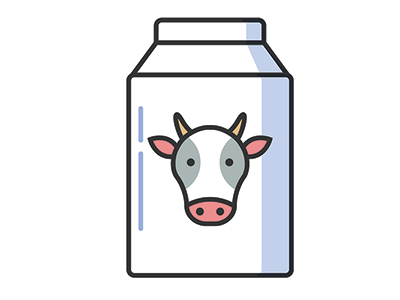
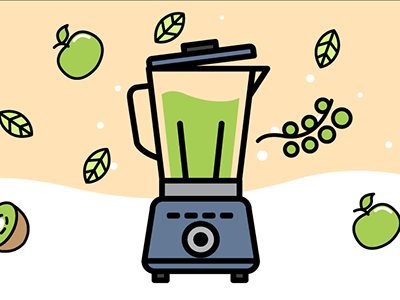

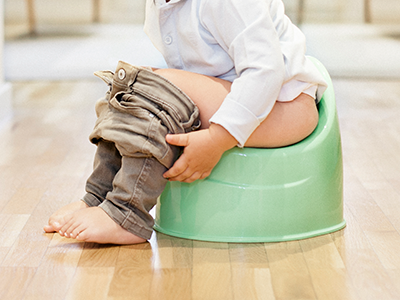
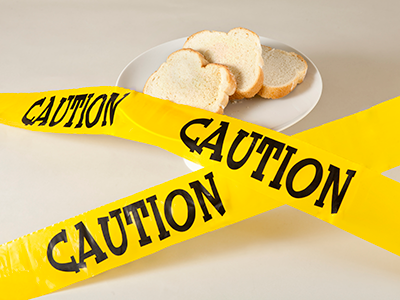
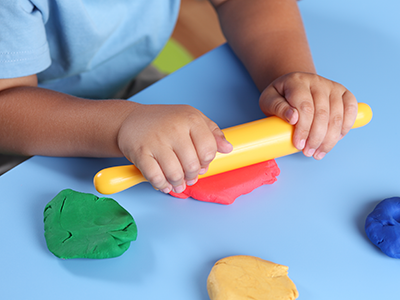
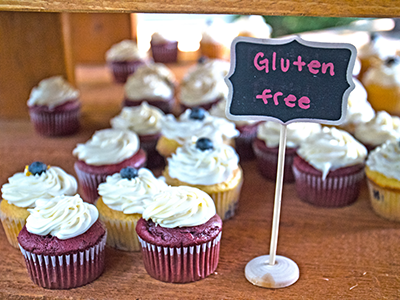

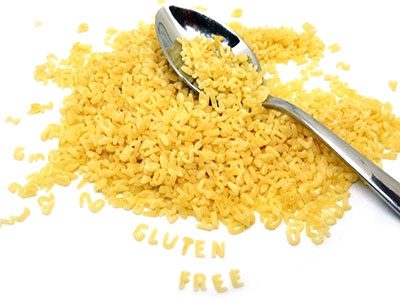
Leave a Comment
Want to join the discussion?Feel free to contribute!